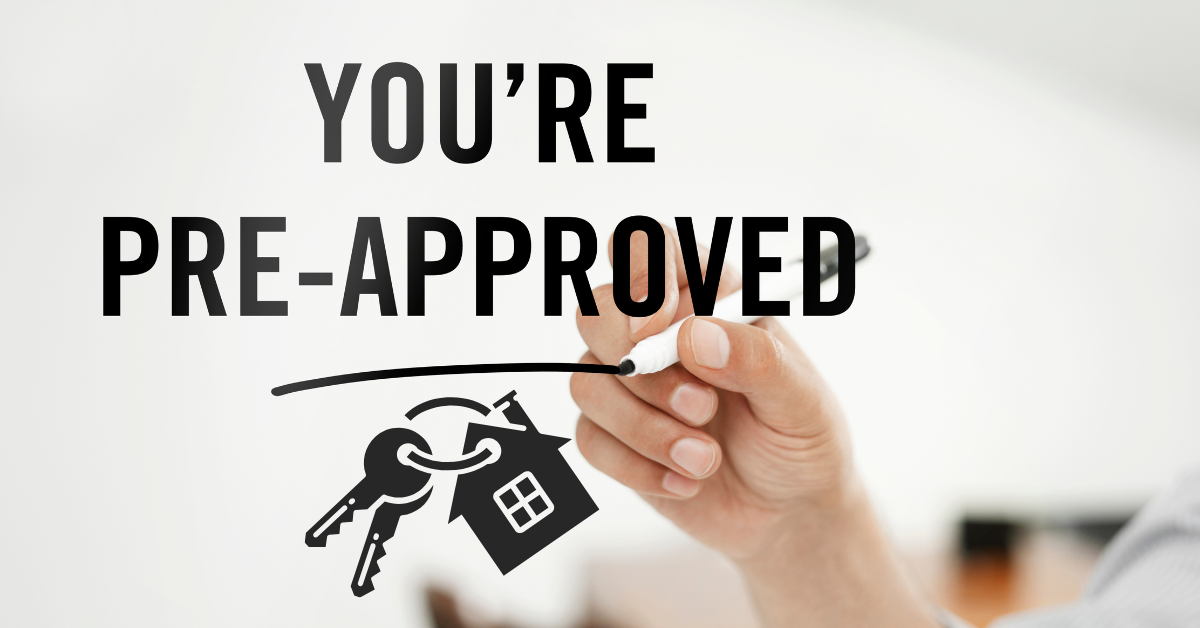Pre-Qualification vs. Pre-Approval: What’s the Difference?
If you're thinking about buying a home, you've probably come across the terms pre-qualification and pre-approval. They might sound alike, but they have different purposes and levels of commitment. Let’s clarify what each one means.
What is Pre-Qualification?
Pre-qualification is a fast, initial check of your finances. Think of it as an estimate of what you could borrow. During this step, you provide a lender with basic details about your income, savings, and debts. The lender uses this information to give you an estimate of how much you can afford. Here are the key points:
- It’s quick and usually free.
- The lender typically runs a soft credit check, which won’t affect your credit score.
- It does not guarantee you’ll get the loan — it’s more like “yes, you seem eligible” rather than an official “you’re approved.”
- It’s useful when you’re still looking around and want to know how much home you might afford before getting serious.
What is Pre-Approval?
Pre-approval is the next step. The lender digs deeper into your finances, verifies your information, and gives you a conditional commitment for a loan up to a certain amount. This means the lender has reviewed your documents, performed a credit check, and is saying, “yes, we’re ready to support you for this amount, pending final steps.”
Highlights:
- The process takes longer and involves documentation like pay stubs, income verification, assets, and employment history.
- The lender usually conducts a hard credit check, which may have a small impact on your credit score. - A pre-approval is more powerful than a pre-qualification in the home-buying process. Sellers and real estate agents see you as a serious buyer.
- However, even pre-approval does not guarantee final loan approval. Situations can change, like job loss or income decreases.
So, which one should you choose — and when? If you’re just beginning, looking at homes, and want to determine “how much can I afford?”, start with a pre-qualification. It’s low-risk and provides a clear direction. If you’re serious about buying soon, have your finances ready, and wish to make a competitive offer on a home, aim for a pre-approval. It gives you a stronger position with sellers. One good tip from Zillow: try to get pre-approved about 90 days before you start seriously house-hunting. This will help you set a realistic budget and avoid surprises.
Final Word
Pre-qualification and pre-approval both play important roles in the home-buying process, but they are not the same. Pre-qualification offers a comfortable starting point, while pre-approval helps you move forward with confidence. Make sure you choose the step that fits where you are in your buying journey.





